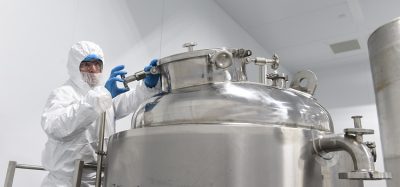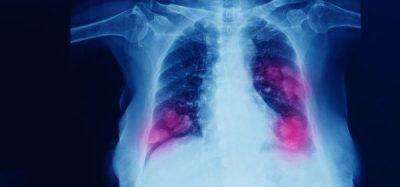CRISPR-based microbial gene therapy delivers promise
Posted: 31 May 2023 | Catherine Eckford (European Pharmaceutical Review) | No comments yet
A microbial gene therapy can “eliminate antibiotic-resistant E. coli strains in the gut”, according to first-in-human study interim results.


The novel CRISPR-Cas therapeutic selectively targets antibiotic-resistant E. coli which can cause life-threatening bloodstream infections”
Positive interim results from a Phase I trial have demonstrated that the first CRISPR-armed phage microbial gene therapy can reduce Escherichia coli (E. coli) levels in the GI tract.
“With the combined killing effects of bacteriophages and CRISPR-Cas technology, SNIPR001 has demonstrated the ability to target and eliminate antibiotic-resistant E. coli strains in the gut,” Dr Christian Grøndahl, CEO and co-founder of SNIPR Biome commented.
The novel CRISPR-Cas therapeutic selectively targets antibiotic-resistant E. coli which can cause life-threatening bloodstream infections in vulnerable haematological cancer patients. It has potential to prevent these infections in over 35,000 cancer patients annually across Europe and the US, according to the researchers.
This innovative treatment provides “a safe alternative to traditional treatments that do not work against antibiotic-resistant strains, while sparing the rest of the gut microbiome,” Dr Grøndahl stated.
The results are a “significant milestone” in efforts to overcome antimicrobial resistance (AMR), according to Dr Grøndahl.
What is SNIPR001?
SNIPR001 is a combination of four CRISPR-armed phages that selectively target and eliminate E. coli that are resistant to fluoroquinolone. It can be used alone or in combination with fluoroquinolone as a decolonisation strategy.
Phase I study of the microbial gene therapy
In the Phase I study, 36 healthy adults were evaluated across three dose levels of SNIPR001. They were dosed orally over seven days. Those who received the gene therapy experienced only mild to moderate side effects and no withdrawals. Twelve of the participants received a placebo treatment.
Future developments
Phase I study results also support development of an intravenously administered version of SNIPR001. Clinical investigations for this therapy are being planned, noted SNIPR Biome.
Future studies are needed to evaluate the impact of SNIPR001 on reducing the rate of E. coli infections in high-risk cancer patients.
The pivotal research leading to the design of SNIPR001 has been published in Nature Biotechnology.
Global research consortium to help address antimicrobial resistance
Related topics
Biopharmaceuticals, Clinical Development, Clinical Trials, Drug Development, Drug Safety, Gene therapy, Microbial Biological Manufacturing, Research & Development (R&D), Technology, Therapeutics








